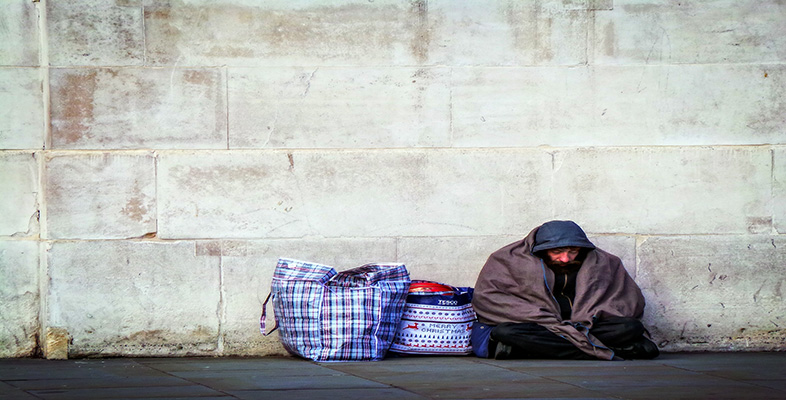7 Norms, truth and power: discourses of social problems
7.1 Ideologies and discourses
Some social scientists, following the French writer Michel Foucault (1972, 1976, 1979), have argued that the view of ideology developed in Section 6 is too narrow because of the link that it creates between sets of ideas and the interests of specific social groups – for example, in identifying a capitalist ideology as if ideas go around with number plates on their back which allow us to see whose ideas they are. They suggest that we need a more complex view of how social knowledges are organised and distributed and of their consequences for social action. Foucault used the term discourses rather than ideologies. He studied how knowledges about a range of social issues emerged and shaped patterns of social action, including such focal points as madness, the prison system and sexuality. The idea of discourses is an important one for studying the social construction of social problems. It draws on the everyday meaning of the word discourse – to ‘talk about’ – to emphasise that knowledges are carried and reproduced through ‘talk’ and ‘writing’. Societies ‘discourse about’ their social problems and social policies in a variety of ways – in political statements, television programmes, social science studies and ‘everyday’ conversations.
Foucault's view of discourses takes a step further, however. He suggests that each discourse is structured or organised around central themes and connections, and these define the terms in which statements can be made, investigations conducted, and conversations can take place. For example, in talking about ‘poverty’ we are already within a discourse that shapes what can be said. Let us look at some of these organising principles of the discourse on poverty and their consequences:
-
To talk about poverty is to take a view of inequality as a difference between two positions. The population can be divided into the ‘non-poor’ and the ‘poor’. There are other views of inequality (other discourses) that do not take this view, but which see it as a more complex structure, either with different layers or as a relational process.
-
The distinction between the non-poor and the poor means that attention is concentrated on the poor: they are the deviations from the norm of being not-poor. This discourse therefore means that arguments will centre on how to define the poor, how many poor people there are, whether numbers have risen or fallen, and how to explain their condition. Although there may be different theories of poverty, they contend and offer their competing explanations within the discourse of poverty.
-
The concentration on the poor in the discourse of poverty means that attention and explanations tend to centre on ‘what makes them poor’, and this usually means looking for what it is about them (their attitudes, character, behaviour) that makes them (rather than us) become or remain poor.
-
As a result, the ‘poor’ become the subject of investigations, inquiries and studies designed to examine them and their ‘forms of life’ (Dean, 1991). The discourse of poverty means that we know far more about how the poor live than any other social group. We know about their housing, their spending patterns, their dietary habits, the ways in which they raise children, how they spend their days, their health patterns and even how they die and are buried (the pauper's grave). The discourse of poverty organises social knowledge in particular ways: ‘we’ (the rest of society) look at poor people.
